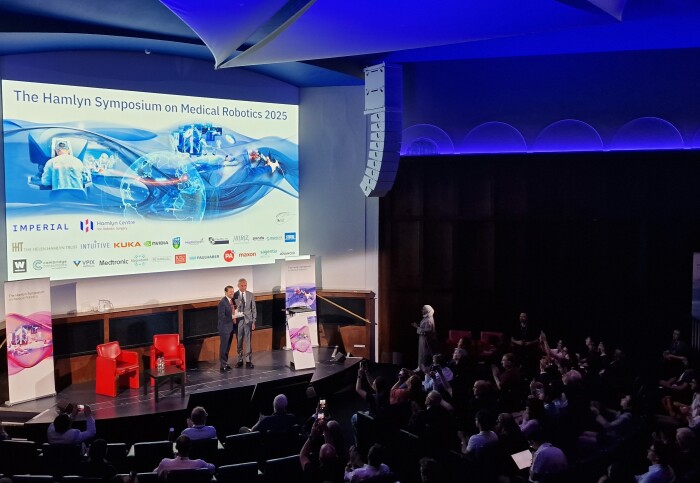To respond rapidly to emerging threats, it is critical to understand the pathogen itself. Imperial researchers are working in basic discovery science to explore the biology and transmission of emerging infections. Using our specialised expertise and infrastructure, Imperial researchers are perfecting testing concepts, designs, and technologies, for example, new methods of virus culture, that can be quickly deployed against new threats.
Imperial’s strengths in molecular and basic virology lie in specialist:
- Expertise, e.g., virology, in the handling of airborne and blood-borne pathogens, quantitative proteomics and glycomics, risk assessment of new variants, established in vivo methods for transmission, and deep mutational screening
- Infrastructure, e.g. specialist containment facilities for in vivo and in vitro studies
Experts working in this area
- Professor Wendy Barclay: Molecular virology; real-time characterisation of pathogenesis and transmission of viruses, including influenza, avian flu (H5N1); risk assessment of zoonotic and pandemic threats; exchanging global knowledge of variants; recombinant virology. Examples (in Covid): Real-time characterisation of SARS-CoV-2 and variants; Exchanging global knowledge to enable in-country risk assessment of SARS-CoV-2 variants
- Professor Joseph Boyle: Vascular pathology; mediators of vascular damage, vascular inflammation and thrombosis.
- Professor Stuart Haslam: Structural glycomics and glycobiology; characterisation of influenza glycan receptors. Example (in Covid): Site-specific characterisation of SARS-CoV-2 spike glycoprotein receptor-binding.
- Professor Paul Kellam: Virus genomics, including HIV and influenza, MERS, ebola. Example (in Covid): Deep mutagenesis scanning of SARS-CoV-2. Influenza example: Identified the first human influenza disease severity determining allele in people hospitalised with pandemic influenza A H1N1.
- Dr Laura Martin Sancho: Identification of virus-host interactions that influence the outcome of dengue, Zika, and West Nile virus infection.
- Dr Mahdi Moradi Marjaneh: Bioinformatics, viral genomics.
- Dr Michela Noseda: Molecular basis of infection-induced cardiac and lung damage and systemic response; myocarditis; using in vitro systems to assess viral damage to cardiomyocytes and endothelial cells. Example (in Covid): Understanding cellular and molecular changes that occur within tissues and systemically (PBMCs).
- Professor Peter Openshaw: Pathogenic mechanisms of virus-related inflammation of the respiratory tract, using recombinant and natural variants of viruses.
- Professor Anna Reed: Respiratory and transplant medicine.
- Dr Candice Roufosse: Renal and transplant pathology; understanding vascular injury and thrombosis.
- Professor Robin Shattock: Mechanisms of mucosal infection.
- Dr Anika Singanayagam: Human challenge studies, infection transmission, including via ferret-ferret transmission models. Example (in Covid): ATACCC SARS-CoV-2 household transmission study; SARS-CoV-2 transmission in households, including in vaccinated people.
- Professor Shiranee Sriskandan: Genomics and molecular epidemiology, including for S. pyogenes and scarlet fever; role of toxins in perpetuating outbreaks; emergent lineages. Example (in Covid): Biomarkers of infection and routes of SARS-CoV2 transmission.
- Dr Lucy Thorne: Interactions between emerging viruses and innate immune system related to emerging virus transmission, pandemic potential, and pathogenesis. Example (in Covid): Evolution of enhanced innate immune evasion by SARS-CoV-2.
- Dr Erik Volz: Phylogenetic analysis and methods.
Examples: Watch and listen
Infrastructure and networks
- Department of Infectious Disease facilities, including large suite containing eight CL3 laboratories, one CL2 laboratory, two ISO class 7 cleanrooms
- Centre for Immunology and Vaccinology CL3 Cell Sorting Facility
- NIHR Health Protection Research Unit in Respiratory Infections
- Glycobiology Network
- Glycosciences Laboratory


